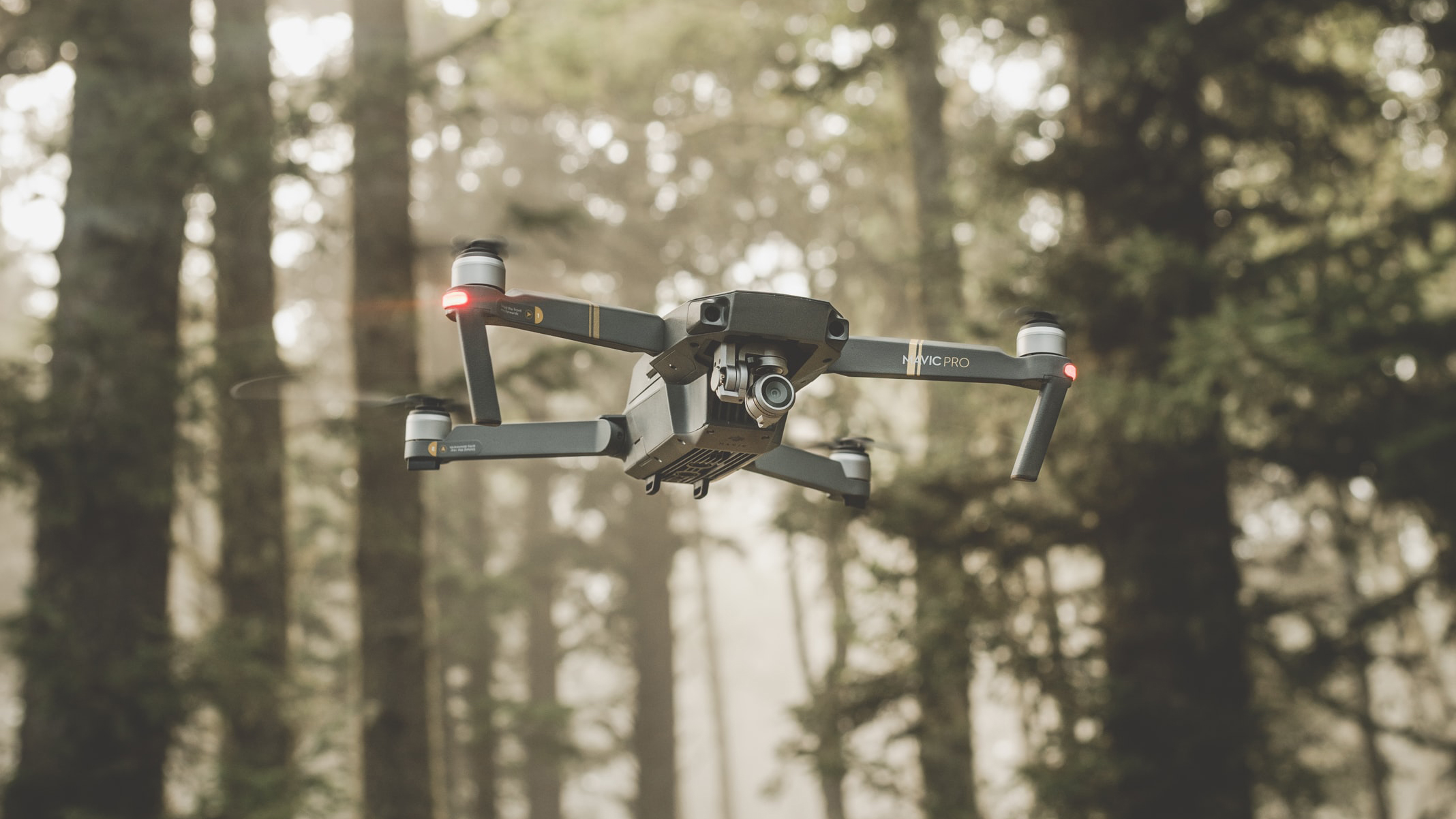Drones will need remote IDs under new US constitution – is that a good thing?
Remote IDs for drones have just been ruled constitutional in the US but there are concerns surrounding privacy

The United States Court of Appeals has just ruled in favor of the introduction of Remote IDs for drones following a lawsuit filed against the Federal Aviation Administration (FAA).
Tyler Brennan, owner of drone retailer RaceDayQuads recently filed a lawsuit against the FAA claiming that Remote ID’s go against the US Constitution's fourth amendment. It states “The right of the people to be secure in their persons, houses, papers, and effects, against unreasonable searches and seizures, shall not be violated, and no Warrants shall issue, but upon probable cause, supported by Oath or affirmation, and particularly describing the place to be searched, and the persons or things to be seized.”
• Read more: Discover the best DJI drones
Remote ID would work like a digital number plate making it much easier to pinpoint the location of the pilot, but Brennan is concerned that not only is it a violation of privacy but it could also make it easier to locate someone’s home. According to DP Review, Brennan also claims the FAA didn’t respond to more than 53,000 comments posted on the Federal Register’s Notice of Proposed Rulemaking which would “require the remote identification of unmanned aircraft systems.”
Judge Cornelia Pillard denied Brennan’s appeal, explaining that “Drones are coming. Lots of them. They are fun and useful. But their ability to pry, spy, crash, and drop things poses real risks. Free-for-all drone use threatens air traffic, people and things on the ground, and even national security. Congress recognizes as much.”
One of the advantages of Remote IDs is that they will give drone pilots more freedom, enabling them to perform more complex flights and fly the drone when it is out of sight. However, there are concerns surrounding privacy, especially when it comes to hobbyist or enthusiast drone pilots.
Kenji Sugahara, a lawyer and member of the FAA Drone Advisory Committee and Ryan LaTourette, the director of regulatory affairs for Great Lakes Drone Company both agree that the outcome of the appeal is the best solution. Had the court sided with Brennan’s appeal, it would’ve made it possible for local governments to make their own restrictions on low-altitude airspace and potentially made it harder for hobbyist drone pilots to fly.
The best camera deals, reviews, product advice, and unmissable photography news, direct to your inbox!
According to the FFA's executive summary, a remote identification can be thought of as a “digital license plate” for an unmanned aircraft. In the same way that car is registered to an owner, so too will a drone have to be.
This new ruling means that by September 16 2023, all drone pilots will be required by law to have a Remote ID which will be able to identify the drone’s longitude, geometric altitude, velocity, take-off locations and emergency status. Remote IDs have been a point of contention since drones first became mainstream but agree with them or not, it looks like they're here to stay.

Having studied Journalism and Public Relations at the University of the West of England Hannah developed a love for photography through a module on photojournalism. She specializes in Portrait, Fashion and lifestyle photography but has more recently branched out in the world of stylized product photography. Hannah spent three years working at Wex Photo Video as a Senior Sales Assistant, using her experience and knowledge of cameras to help people buy the equipment that is right for them. With eight years experience working with studio lighting, Hannah has run many successful workshops teaching people how to use different lighting setups.
